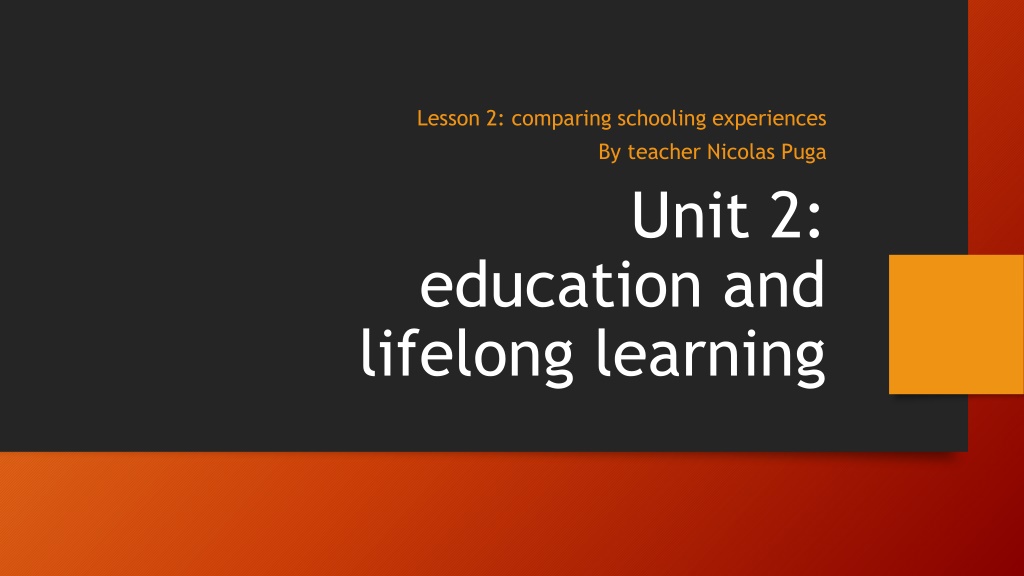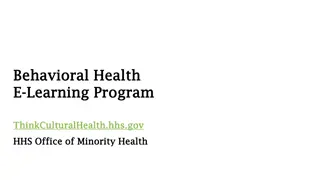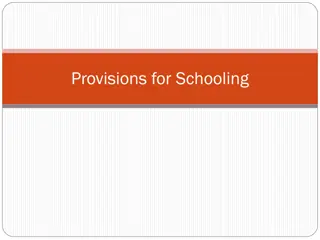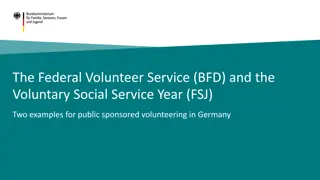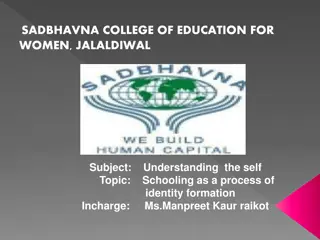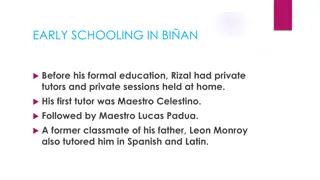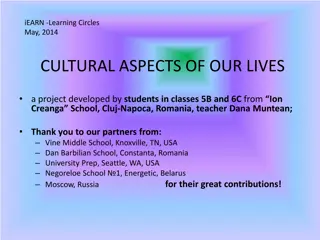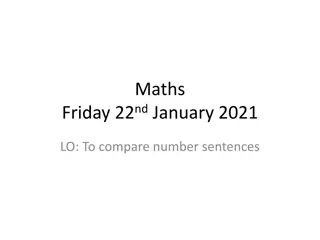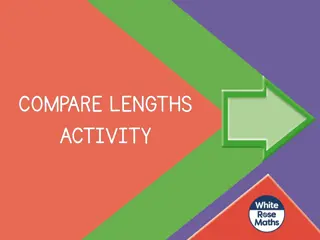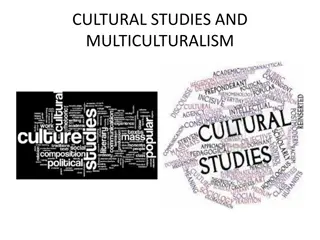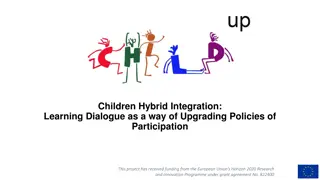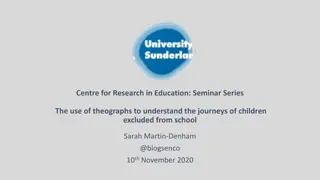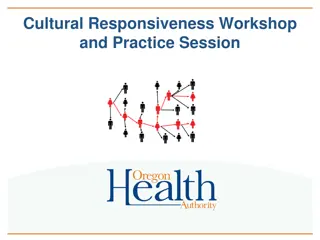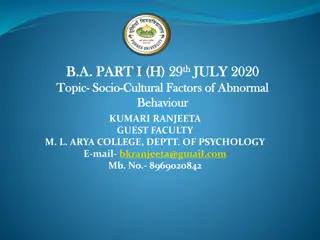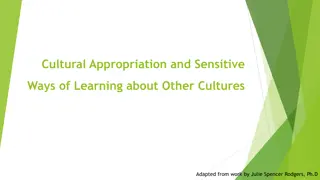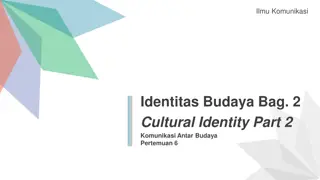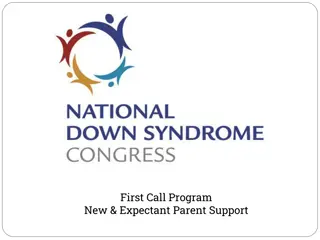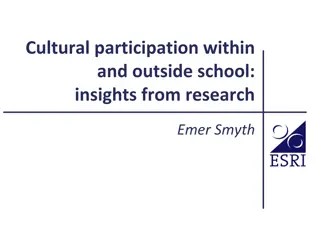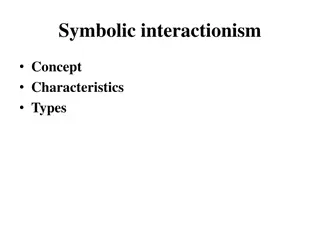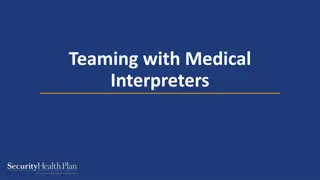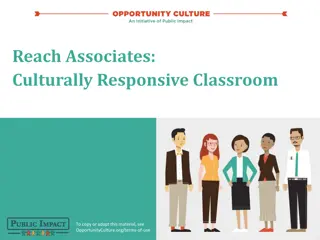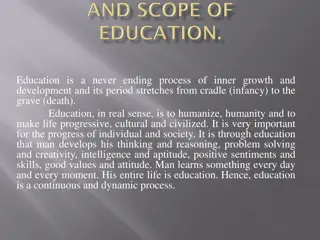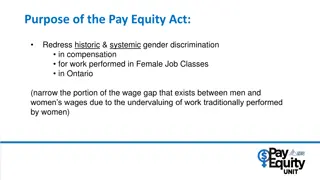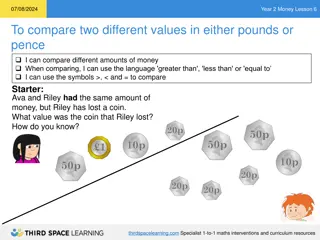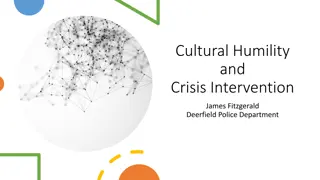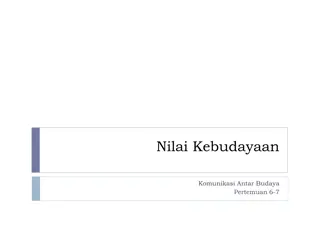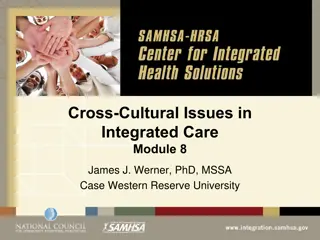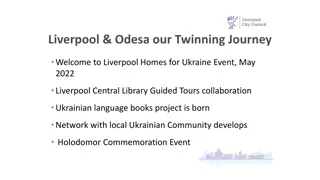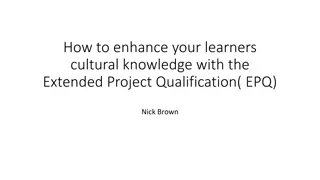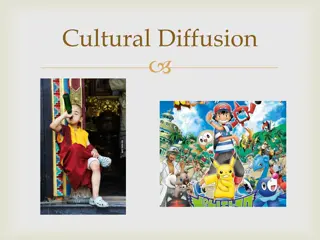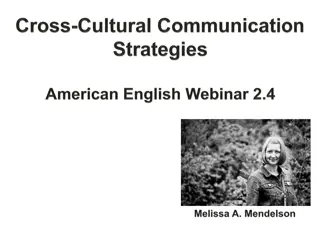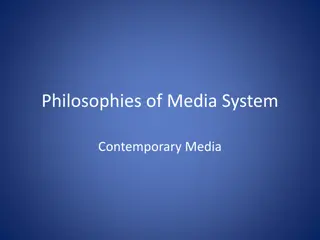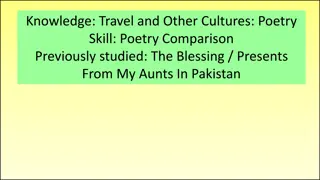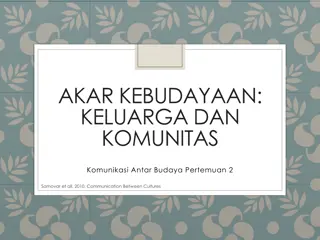Comparing Schooling Experiences in Different Cultural Backgrounds
Explore educational realities in various cultural and economic settings through activities focusing on vocabulary, modal verbs, video analysis, and language comparison. Practice language skills by completing activities related to school experiences in Japan, China, and the Democratic Republic of Congo. Develop superlative and comparative language structures while examining differences in school environments worldwide.
Download Presentation

Please find below an Image/Link to download the presentation.
The content on the website is provided AS IS for your information and personal use only. It may not be sold, licensed, or shared on other websites without obtaining consent from the author. Download presentation by click this link. If you encounter any issues during the download, it is possible that the publisher has removed the file from their server.
E N D
Presentation Transcript
Lesson 2: comparing schooling experiences By teacher Nicolas Puga Unit 2: education and lifelong learning
Objective: to compare educational realities in different cultural/economical backgrounds. Lesson 2: how is education in the world? Remember vocabulary and modal verbs Watch videos and complete the activities Focus on language and practice Activities:
1. Remember vocabulary and modal verbs Students success depends on their responsibility Every year, students have to measure their learning Teacher must manage their time correctly You must cutch up with your worksheets
2. Watch the videos and complete the activities Answer these questions: School in Japan: https://youtu.be/jv4oNvxCY5k 1. What are the differences between Asian and African schools? 2. How similar are Chinese and Japanese education? 3. What problems are mentioned in China and DRC videos? 4. Which reality caught your attention, why? School in China, Artificial Inteligence: https://youtu.be/JMLsHI8aV0g An urban school in the Democratic Republic of Congo (DRC): https://youtu.be/SbO37i-Fu-4
3. Language Focus Superlative Comparative Japanese schools are cleaner than our schools Japanese schools are the cleanest in the wolrd One syllable: add er One syllable: add est Science is funnier in rural schools Science is the funniest subject in my school Two syllable, ends in Y: replace by ier Two syllable, ends in Y: replace by iest Schools in Latinamerica are more diverse than Asian Schools in Latinamerica are the most diverse from schools the world Two or more syllables: write more Two or more syllables: write most
4 Practice Complete the story Last year I went to study abroad. When I arrived, I saw that buildings were (1) _____________ (large) than my school in Chile. The whiteboards were (2) ___________ (small) but they used smart TV s a lot. When my parents told me how much they payed, I understood the school was (3) ______________ (expensive) in the region. Luckily, we moved to a (4) ___________ (tiny) school this year, which I love!
Descripcin - se Soldad@ ca d@ playa pudo 1. Desarrollo de las actividades de la clase Si bien hubo dificultades, logr resolver las actividades utilizando diccionario o traductor. Logr desarrollar las actividades con ayuda de diccionario o traductor, pero igual tuve que corregir varias respuestas Intent desarrollar las actividades, pero me cost mucho incluso con la ayuda de un diccionario. Tuve muchas respuestas incorrectas. 2. Sobre el material en ingl s (videos y textos) Logr entender las partes importantes activando subtitulos o traduciendo algunas partes. No tuve que corregir muchas respuestas. Logr entender algo del video o texto, con ayuda de subtitulos o traductor. Tuve que corregir muchas respuestas de la clase. No logr entender el texto o video, a pesar de buscar traducciones o activar subt tulos. No logr responder ninguna pregunta correctamente.
